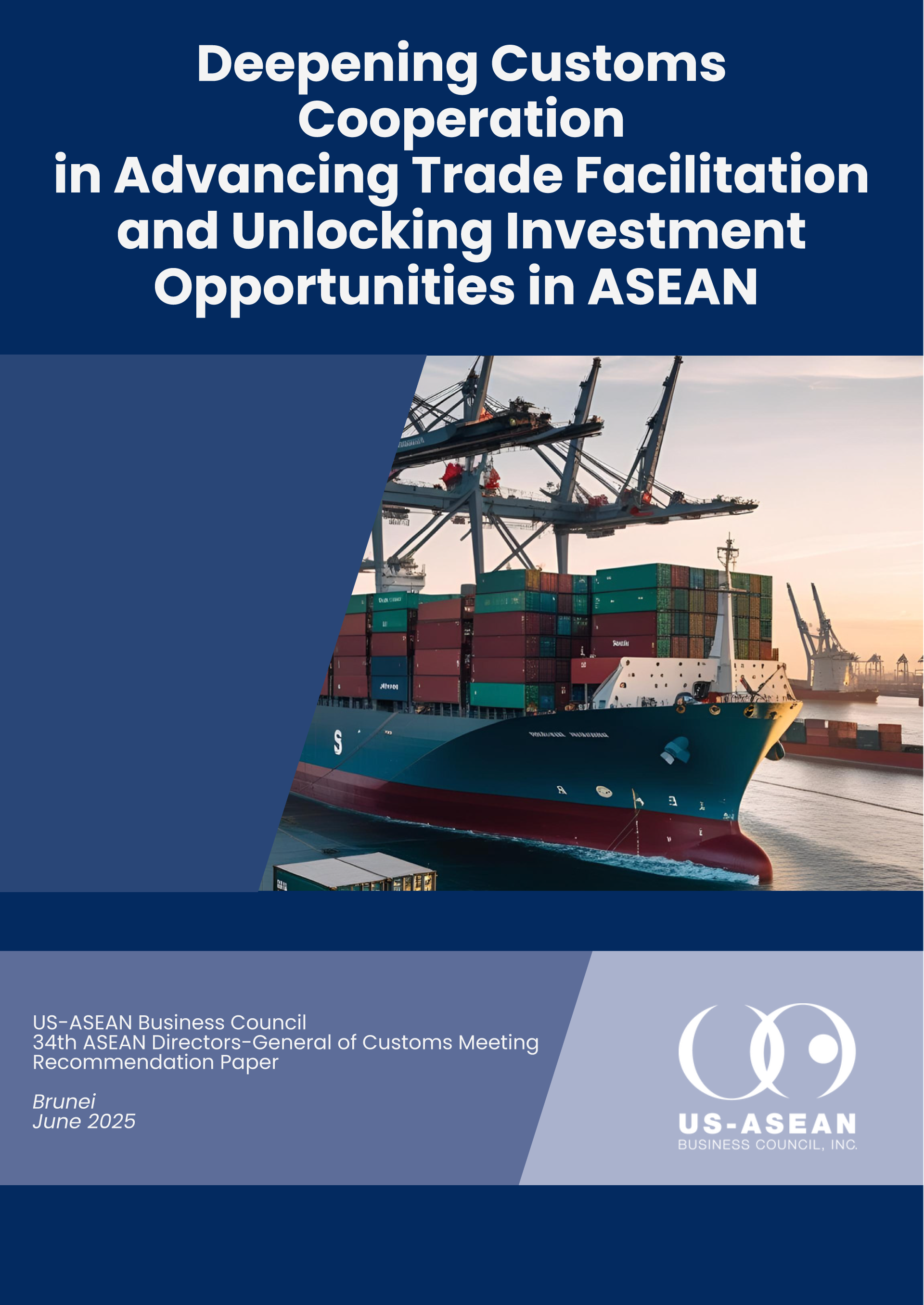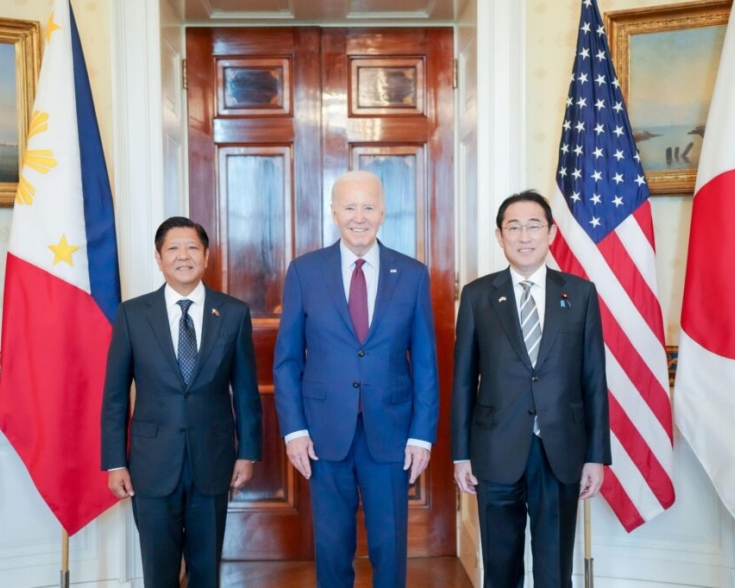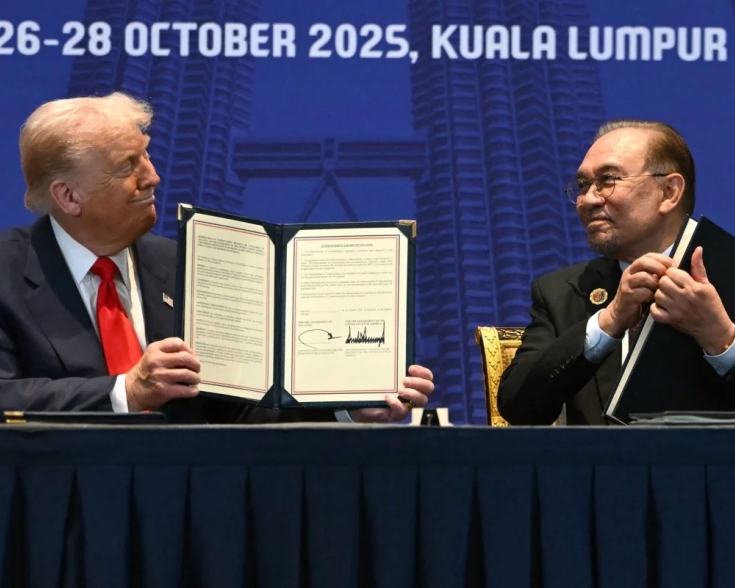Philippines Ratifies RCEP Trade Agreement

On February 21, the Philippine Senate under the Marcos administration, voting 20-1-1, ratified the Regional Comprehensive Economic Partnership (RCEP), making the Philippines one of the last countries to complete its national ratification process to bring the trade agreement into force. In terms of next steps, the Government of the Philippines will deposit the instrument of ratification with the ASEAN’s Secretary General. Sixty days after receipt of the instrument of ratification, the RCEP agreement will take effect in the country. An executive order containing the schedule of the Philippines’ tariff commitments will be used by the Bureau of Customs as the basis to implement the tariffs under this deal.
The Duterte administration signed RCEP in September 2021 and brought the mega trade deal to the Senate for ratification but RCEP did not pass in the previous administration. Under the Philippine 1987 Constitution, at least two-thirds of the upper chamber must vote in favor of an international agreement or treaty to ratify it. President Marcos Jr, who was elected in May 2022, initially expressed reservations about the RCEP, citing potential detrimental effects on local industries, particularly the agriculture sector, but eventually declared his support for the agreement. The resolution approved by the Senate included the concerns of the various stakeholders and the legislative body assured that the recommendations submitted by those opposing the ratification are part of the resolutory clauses.
Senate President Pro Tempore Loren Legarda emphasized that the government will create programs favoring farmers, fisherfolks, indigenous peoples, women, MSMEs, and other marginalized sectors. She likewise underscored the significant roles of implementing agencies in the improvement of the country’s agriculture sector through additional post-harvest facilities and access to financing. Improving productivity will be vital in maximizing gains from this agreement. Similarly, the Department of Trade and Industry (DTI) guaranteed that it will protect the trading of sensitive agricultural products (e.g., swine meat, poultry meat, potatoes, onions, garlic, cabbage, sugar, carrots, and rice) excluded from the Philippine RCEP tariff commitments.
With the process for participation in the world’s biggest FTA complete, the Philippines has strengthened its competitive position as a foreign investment location in the region. For exporters in the Philippines, RCEP will provide preferential market access by facilitating trade activities, aligning trade procedures like Rules of Origin (ROO) among participating economies, and helping businesses adapt to a changing global trade environment. Assistant Trade Secretary and Lead RCEP Negotiator Allan Gepty detailed the following benefits of RCEP for the Philippines: (i) cheaper costs for sourcing key inputs of the manufacturing sector, (ii) competitiveness for Philippine industries, (iii) convenience for trading with key FTA partners, and (iv) complementation of existing government support programs. Similarly, with the cost of exporting Filipino goods to RCEP members lowering, the ratification will further enable the Philippines to compete with other countries, help provide the Filipino people with more economic opportunities, and benefit consumers in terms of higher quality goods at better prices. The pact will reduce costs and allow companies to export products within the bloc without the need to comply with separate requirements for each country. RCEP members account for around 50% of the Philippines’ exports and around 68% of its imports. Furthermore, U.S. companies exporting from the Philippines to Asia will benefit from this agreement. Cabinet officials and business groups applauded the Senate’s approval to boost competitiveness, saying it would open the Philippines to opportunities. The Makati Business Club remarked that the RCEP will allow companies to expand overseas and accelerate job creation.







